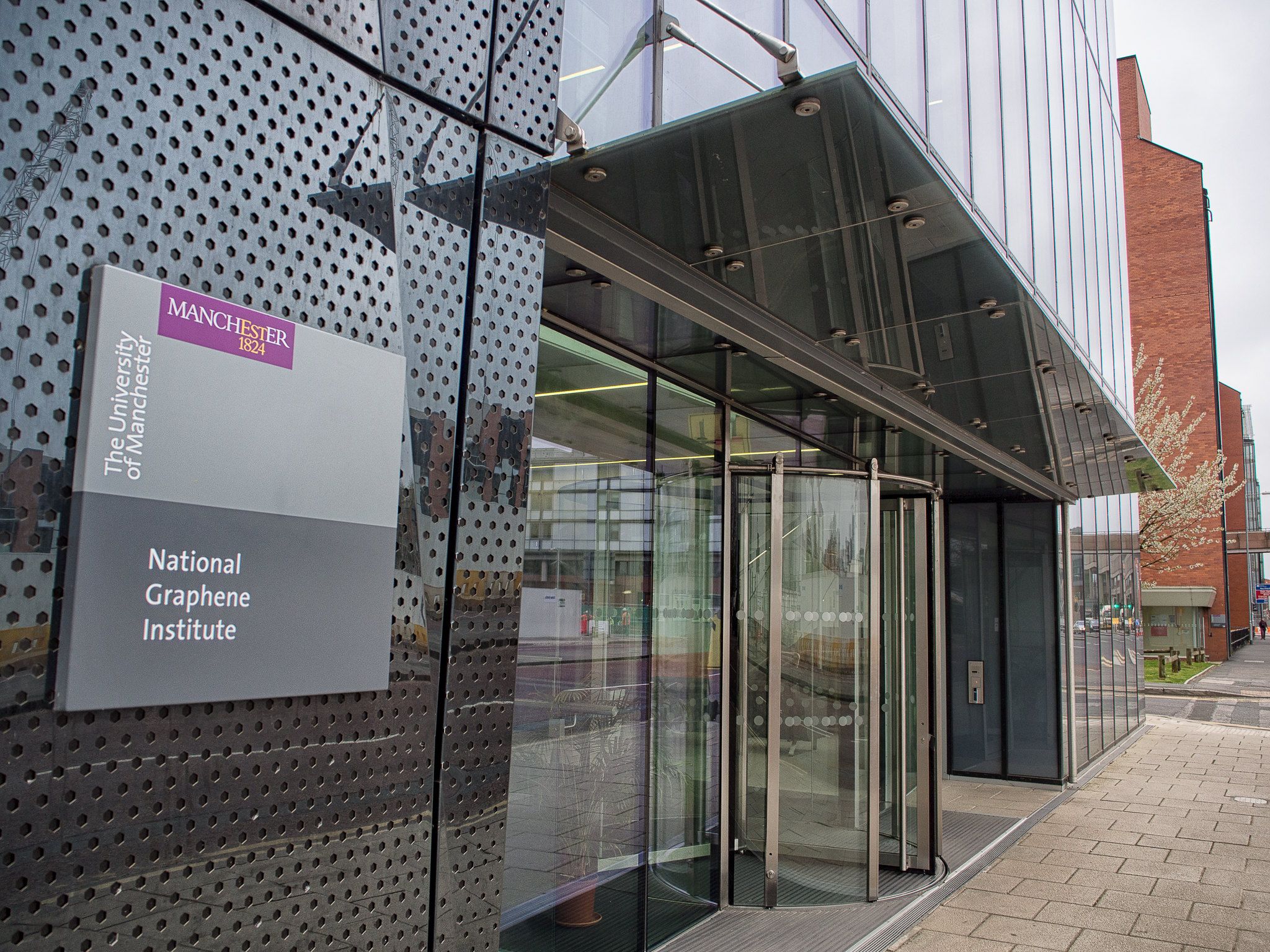Review: Wild Life FM (SICK! Festival)
Wild Life FM is a vibrant collaboration between artist and writer, Kim Noble, and a company of Manchester-based young performers that come together to perform the sounds that surround us.
It is described as “not a play” and “not a gig,” but also “both of those things”.
In a mashup of live music, comedy and poetry, Wild Life FM’s 36th installment of their European tour portrays teenage life in a sensory experience that demands us to listen.
One of the most exciting things about the show is that you could have had your eyes closed throughout the entire thing and felt the same as if they were open. The show’s narrative drive was sound, concentrating on the idiosyncrasies of life through auditory experience: the sound of a leaking tap, the crunch of leaves, the sound of an opening condom.
Fittingly, the concept of the show was shaped around the format of a radio station: four microphones dispersed along the front of the stage and a long desk topped with radio equipment. The performers would float through the set and, when not performing, would sit behind the desk and watch the other performers.
The show had clear intentions from the start. Transcripts of interviews were projected on the back wall, depicting the responses to the questions about youth and what it is like to be a young adult. Many of the voices identified the vulnerability and struggle of being young today, especially with a focus on the limiting effects of technology and restrictions on freedom. The show attempts to dismantle adult preconceptions of sexuality and identity and does so with the weaving together of the performers’ individual moments.
The show puzzled this jigsaw of moments together and allowed each performer to take centre-stage and express themselves in whichever way they wanted.
Sam Whitehouse tenderly interviewed a member of the audience in response to his appearance: a painted face with red lips, elf ears and heeled boots. Whitehouse brought her to the stage and asked her if he could read her his diary, which was simultaneously harrowing and beautiful. He read snippets from the pages and drew a sensitive and moving picture of his journey through sexuality and self-expression as a teenager.
The female performers glowed in their individual moments, each performing their own songs with a balance of maturity and feisty energy. Martha Pryer’s husky tones and raw emotion moved us with her original song, Sober; eyes closed, basking in the golden lighting, we were transported to another planet.
Equally, Megan Blair’s performance filled the entire room with her powerful and unique tone, her lyrics beautifully resonating with each and every one of us; her dad stood with her onstage and, as he watched her, we saw both pride and a recognition that she is outgrowing him.
It would be wrong not to give enormous credit to the DJ of the show, Jakob Ampe. He wittily and skillfully tied together each moment with his persona of a radio DJ. He was charismatic and engaging, made even better by his honey-textured voice that surprised us in one of the show’s live songs.
The show’s soundtrack matched the honest and energetic tone of the show. The bass pumped through the audience, and it was impossible not to be enraptured by it. The soundbites from everyday life, combined with self-written songs and electronic music, brought us a raw portrayal of teenage life.
Wild Life FM is an honest exposition of what it is like to be young today. It is both heartfelt and entertaining while presenting an effective satire of how society sees the upcoming generation – their sound is wild, untamed and loud, and so we better start listening.





















